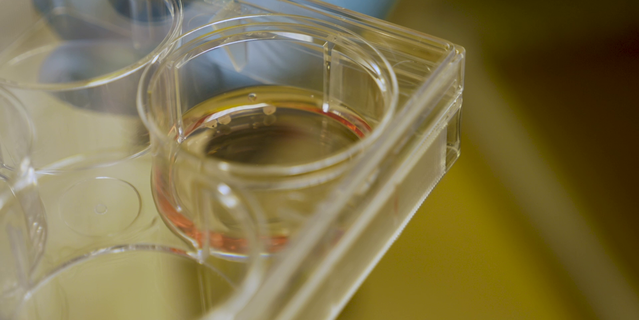|
|
|
 |
|
|
|
|
Determining the role of climate change in extreme weather events
|
|
01.17.2023 |
|
Meteorology
Whatever the time of year, our planet is increasingly impacted by extreme weather events, such as devastating floods and storms, heat waves, and cold spells. But how can we be sure that climate change is responsible for a particular phenomenon? Scientists have recently made huge strides in answering this crucial question.
|
|
Read the article
|
|
|
|
|
|
|
|
Also this month
|
 |
|
|
|
Organoids : laboratory brains for research
|
|
01.25.2023
|
|
Biology Dyslexia, autism, rare diseases… What factors are responsible for the neurodevelopmental disorders that affect an increasing number of children? This report, published in collaboration with LeMonde.fr, features physicians and scientists who study the formation... |
|
Watch the video
|
|
|
|
|
|
 |
|
|
|
Learning the lessons of the Hunga Tonga eruption
|
|
01.24.2023 |
|
Geophysics The Hunga Tonga submarine volcano, whose eruption in January 2022 was the most powerful the world has seen in the last thirty years, released massive amounts of water vapour and aerosols into the atmosphere. One year later, researchers are still studying the plume and its effects on the climate.
|
|
Read the article
|
|
|
|
|
|
 |
|
|
|
“Humans caused the overpopulation of wild boars”
|
|
01.12.2023 |
|
Ecology Once rare in the French countryside, the wild boar is now considered a nuisance to be actively hunted. The ecologist Raphaël Mathevet explains how wild boar populations have been growing since the 1970s, and asks the question: what have we done to this wild animal?
|
|
Read the article
|
|
|
|
 |
|
|
|
Detecting muons in Iceland
|
|
01.26.2023 |
|
Particle physics CNRS News takes you on a trip to the foot of Snaefellsjökull, a volcano in Iceland close to the heart not only of French writer Jules Verne but also of the researchers at the Institute of Physics of the 2 Infinities (IP2I) in Lyon (central eastern France). Their goal is to obtain images of the... |
|
Access the slideshow
|
|
|
|
|
|
|